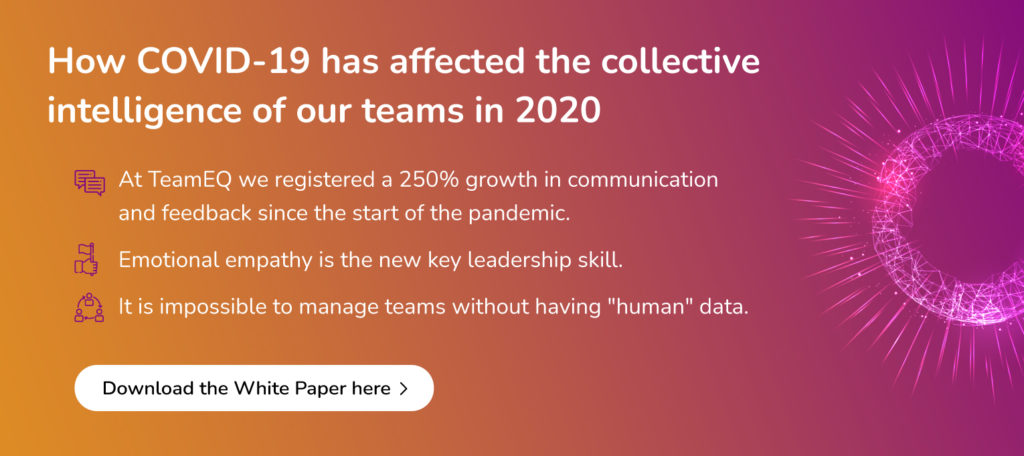How to take responsibility for conflict. And start to manage it.
Personal conflict can have a habit of intruding into the workplace, especially in times of enhanced stress or uncertainty. Sometimes, those small disagreements can have a wider impact on the whole team, becoming a cycle of frustration that can cause a negative dynamic to develop.
However, there are ways to interrupt that cycle before it becomes damaging. And often, the first step is for everyone in the team to take responsibility.
For any approach to conflict resolution to be effective it is important to recognize your own role and become more aware of your feelings and reactions to pressure and stress. Once you have done that, it will become much easier to consciously manage your emotions and to start seeing people as people, not as threats.
Here’s some ways that you can help to resolve unwanted conflict at work:
Develop self-awareness. Start by recognizing what causes you to feel upset, scared, or threatened and your unconscious reactions in those situations. The more you know about your triggers, the better you can control your emotions. A good way to focus better is to begin to practice mindfulness at work. Introducing simple habits in your work day such as deep breathing, relaxed walking and conscious listening will boost your self-awareness and well-being.
Practice emotional self-control. When we are aware of our emotional triggers, we are in a better position to control our reactions to them. We can learn to manage negative feelings and start consciously acting (instead of reacting) towards a resolution. Why don’t you begin by scheduling some time for self-reflection? Self-reflection helps tremendously with self-awareness and self-control. Start by reserving 20 minutes at the end of each week to reflect. Questions such as what I am proud of? What would I do different next time? When did I feel most comfortable? When did I experienced anxiety? Etc. will help you to better understand your triggers, strengths, and areas of opportunity.
Think collectively. To create a more collaborative environment, we need to start thinking “How can I help?” instead of “What can I get?”. This shift results in less stress and a rewarding feeling of personal contribution.
Here are some questions that will help you to increase empathy by understanding others’ points of view:
- What is he thinking and feeling about the situation?
- How is she different from me? How are we the same?
- What can I do to make him feel better about this situation and about me?
Developing self-awareness, increasing your emotional self-control, and recharging relationships at work takes commitment and practice. But, by taking a few moments to reflect on our responsibilities in the process, the benefits to the whole team can be enormous.
Working in a team means that all our actions can have consequences on the people around us, both positively and negatively. That’s why emotional awareness and collective intelligence are the key drivers to healthier and more productive teams.
Discover how TeamEQ can help to reduce conflict and enhance team harmony by taking a demo today.
Ph: Freepik
You might be also interested in:
- How can emotional intelligence help your team perform better? The empathetic productivity
- What’s the secret to successful teams? Boosting Emotional Intelligence to avoid conflict at work
- There’s no team (nor productivity) without trust




